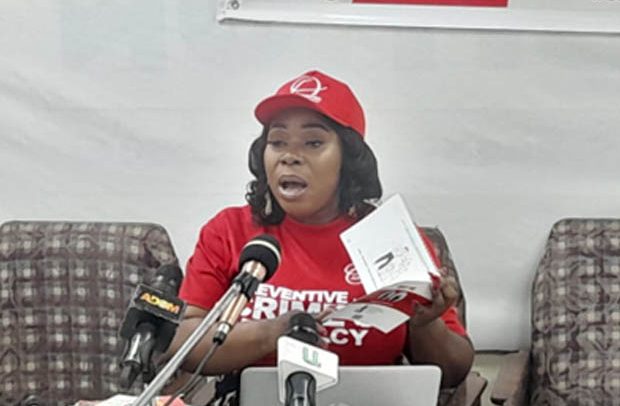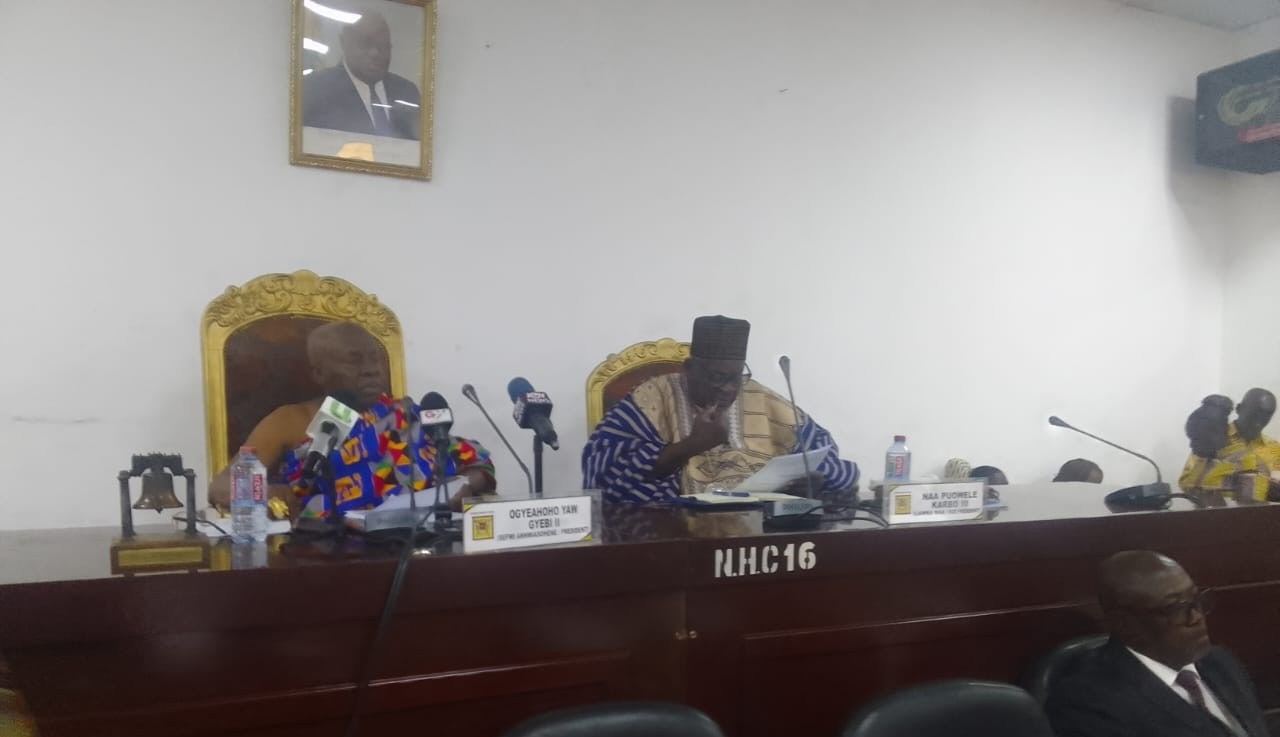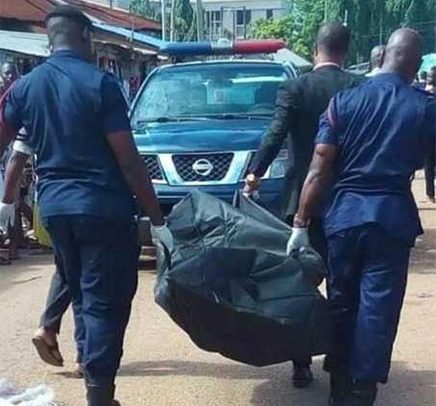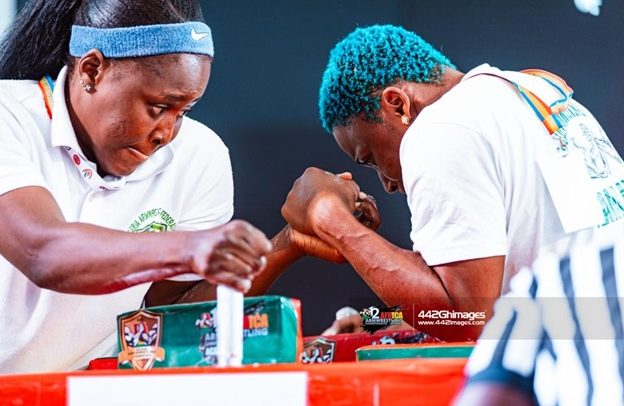
The Chief Fisherman of Bortianor in the Greater Accra Region, Nii Adamah Tetteh, has called on the Marine patrol team to collaborate with the local fishermen to guard the sea against illegal fishing.
Nii Adamah has also appealed to the government to tighten up the laws on illegal fishing and implement them to eliminate the practice in the country.
“As at now we only hear about the marine police, but we have not seen them here before. When we report illegal activities by the visiting fishermen to the local police here, they also do little or nothing at all to help”, Nii Adamah said.
Among the illegal fishing practices being practised in the fishing communities are light fishing, the use of dynamite and other detergents to attract the fish, mainly engaged in by the local Ghanaian fishermen, and Saiko fishing, which is alleged to be engaged in by the foreign vessels, mostly managed by the Chinese and other foreign nationals.
The Chief Fisherman and his elders with other fishermen and women fish processors in Bortianor, who interacted with journalists in a recent meeting, accused the Chinese in particular of engaging in Saiko fishing and selling them right on the sea.
Saiko fishing involves foreigners who are licensed to catch particular commercial fishes like tuna within certain radius of the ocean, but end up fishing in unauthorised areas and catching other fishes.
However, Ghana has extensive policy and regulatory framework governing fisheries, including the Fishing Act of 2002, (Act 625), Fisheries Regulation of 2010 (LI1968), National Fisheries and Aquaculture Policy (2008) and the Fisheries and Aquaculture Sector Development Plan (2015), all abhorring illegal fishing but the practices continued within almost all the coastal regions, with some foreigners highly engaged.
The few fishermen like Nii Adamah who supports the laws on illegal fishing and try to prevent their counterparts from engaging in the illegal act are regrettably persecuted by their own colleagues and sometimes beaten up, making them to live in despair while the act continues to affect fishing and fish quality.
The fishermen confirmed that their fish stock had also dwindled due to bad fishing practiced by their counterparts.
Recounting some of the abuses by other fishermen who come to fish in the sea around Bortianor, Nii Adamah told the journalists who visited the Bortianor Landing Beach that, he and his few colleagues knew the dangers in illegal fishing and the harm it was causing to the whole sector, and so they do not support or practise illegal fishing.
He however accused other counterparts from Tema and Ada areas that come over to Bortianor to fish, saying, they were always chased out by the Bortianor fishermen and that had “put them in a bad book of those fishermen”.
“They always try to harm us when they meet us elsewhere”, Nii Adamah said, alleging that he and his assistant were recently assaulted at a stakeholders’ meeting held recently in Accra by some Tema fishermen, who accused them of being “too know and always preventing them to fish around the Bortianor sea”.
Nii Adamah, therefore, urged authorities to strengthen ties with the local fishermen to fight illegal fishing as in the case of the fight against illegal mining, while providing some form of protection to them in the interim.
The tour, which formed part of a training programme for journalists on fisheries and environmental issues, was supported by a USAID/University of Cape Coast’s (UCC) Fisheries and Coastal Management Capacity Building Support Project being implemented by the Centre for Coastal Management of UCC.
The Project being implemented within a five- year period under a 5.5 million dollar fund is helping to conduct research into coastal activities and helping build capacities of researchers and professionals to understand and promote the management of fisheries and coastal resources on a sustainable basis to enhance Ghana’s socio-economic development.
The journalists toured Landing Beaches in Bortianor and Ada in the Greater Accra Region, Axim, Sekondi, and Shama in the Western Region, Elmina in the Central Region, and Keta in the Volta Region to familiarise themselves with fishing activities in those areas.
Ms Olivia Horvey, Bortianor Fisheries Commission Officer, said the women fish processors in the community had hygienic environment where they processed the fishes with special, smoke-less stoves and then well packaged for the market.
Some of the fish mongers however indicated that they had sanitation issues at the beaches.
Dr George Darpaah, in-charge of Marine Fisheries Governance at the UCC College of Agriculture and Natural Centre, urged the fisher folks to endeavour to adopt good fishing practices as was being done in neighboring countries like Cote d’Ivoire to help improve the sector.
Dr Benjamin Betey Campion, Senior Lecturer at the Department of Fisheries and Watershed Management of the Kwame Nkrumah University of Science and Technology (KNUST), said a 2015 studies had confirmed that most of the fisher folks continued to engage in Illegal Unregulated and Unreported (IUU) fishing practices despite many efforts by various partners to curb the practice.
GNA






















Facebook
Twitter
Pinterest
Instagram
Google+
YouTube
LinkedIn
RSS